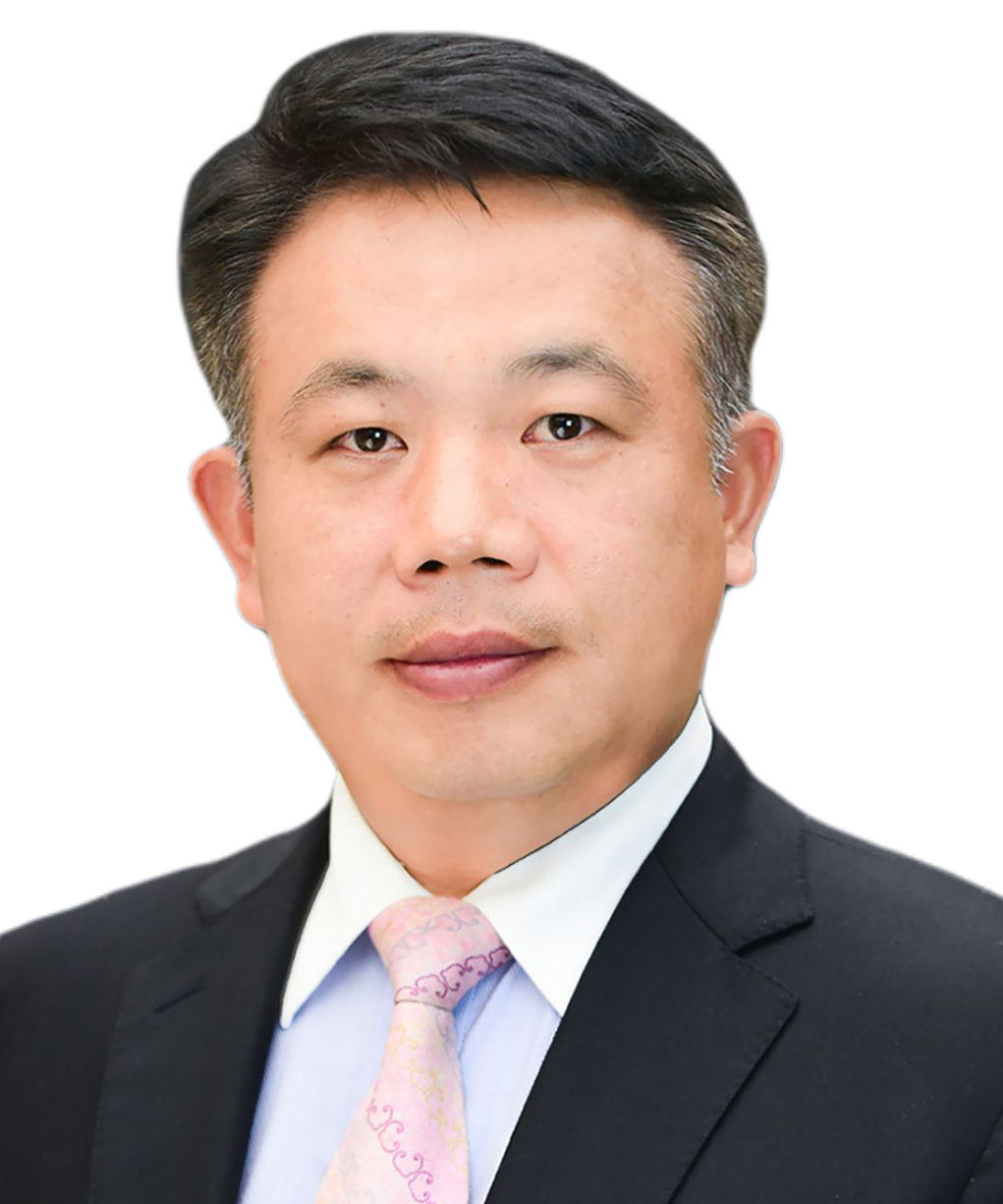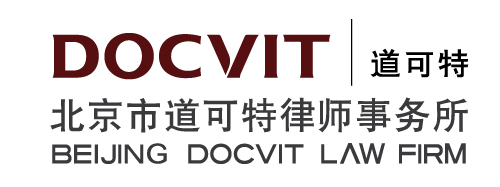At present, private equity (PE) funds in China are mainly organized based on contracts or limited partnerships. Under these frameworks, the managers hold a dominant position, whereas the influence of investors, particularly natural person investors, over a fund is severely limited. Once investors complete capital contribution, they lose control over the funds.

DOCVIT Law Firm
Founding partner/chairman of the management committee
Due to the disparity in the internal compliance and investment management capabilities of managers themselves, unfortunate incidents have frequently flared up in the private fund business in recent years. The advantages that lie in their systems permit funds organized as companies to better achieve a division of authority and balance between the investors and the managers. Without considering the issue of double taxation, the authors argue that funds organized as companies are the better option for investors wishing to participate in PE investment funds.
Three advantages
First, a sound organizational structure effectively reduces fund operation risks. The company system has had a longer development history in China, and a sounder legal environment. Additionally, it has a more complete organizational structure, and a compliant management and operation system. Investors can spur the motivation of the investment management team through internal authorizations, and can control fund operation risks through the internal structures, i.e., the shareholders’ meeting, board of directors and supervisory board.

DOCVIT Law Firm
Associate
In their capacity as shareholders, investors enjoy such shareholder rights as the right to vote, the right to know, etc., which allow them to control the fund. As the company system separates ownership and operating authority, and puts them in a position to check and balance one another, investors can achieve full authorization and supervision of the management team within the company so as to effectively reduce fund operation risks.
Second, independent legal person status permits isolation of manager investment risks and enhances investment management motivation. A fund organized as a company is an entity with independent legal person status; the investors, as shareholders, bear an obligation to make their capital contributions they have subscribed for, and the company bears limited liability to its creditors to the extent of all its property.
Regardless of whether such a fund is self-managed or entrusts management to external managers, it does not require the manager to make external investments in its own name, or serve as a general partner, which would require it to bear unlimited joint and several liability. The isolation of investment risks allows the management team to put greater focus on investment management, helping investors to maintain and increase the value of their assets.
Finally, capital stability within the Company Law framework can enhance the stability of fund investments. The Company Law expressly specifies three principles of capital in the company system, namely capital determination, capital maintenance and unchanging capital. The sponsors and shareholders of a limited liability company, or joint stock limited company, may not illegally withdraw their capital contributions after the establishment of the company, and if the company wishes to increase or reduce its capital, the passage of a resolution by the shareholders’ meeting is required. A company has a more independent legal person property right and stable capital form, and the stability of its capital also ensures the stability of the fund’s investments while avoiding the fund’s asset position being impacted by investment project disputes.
Two issues
Establishment of the internal decision-making bodies. In a self-managed fund, the investors are the shareholders, and the managers are the company’s operational and management team. It takes full advantage of the corporate governance structure: (1) the division of authority and the checking and balancing among the shareholders’ general meeting, board of directors and supervisory board; and (2) the division of authority and the checking and balancing in operational decision-making and execution by the board of directors and the general manager.
In a fund where management is entrusted to outside managers, responsibility for investment operations and management of investment projects is entrusted to an investment management company.
Regardless of the model, when a fund organized as a company is established, it is essential to consider the establishment of the internal decision-making bodies, including the division of powers between the shareholders’ meeting and the board of directors, the division of the control of investment projects between the investors and the management team, etc. While according the management team sufficient autonomy, it is also necessary to satisfy the investors’ demand for appropriate control over the fund.
Shareholder voting rights. Under the framework of funds organized as companies, the shareholders’ general meeting is the highest authority, and the exercise of voting rights is an important basis for decision-making by the shareholders’ meeting. Following the Guiding Opinions on Regulating the Asset Management Business of Financial Institutions, institutional investment channels have been constrained, with certain funds now seeing shareholders experiencing difficulties in making their capital contributions.
The Minutes of the National Courts’ Civil and Commercial Trial Work Conference makes clear whether the voting rights of a shareholder whose deadline for making their capital contribution has not expired may be restricted: respect the articles of association (AoA), and if the AoA is silent, the same requires an amendment to the AoA, with the restriction imposable only after a motion to amend the AoA is passed by shareholders representing at least two-thirds of the voting rights.
As to whether the voting rights of a shareholder who fails to punctually make capital contributions can be restricted, it is not clarified by current regulatory documents, but there have been, in practice, instances where these have given rise to disputes. Although the right to vote does not seem like much, its actual role is major. Shareholder voting rights provide investors with an important bulwark safeguarding their interests, and thus special attention should be dedicated to them since the company’s establishment.
Within the current Company Law framework, a fund organized as a company can, combining the features of PE funds, be innovative in its structural design to achieve checks and balances and a division of authority between the managers and investors. It allows investors to protect their interests through the exercise of their shareholder rights when a risk event arises, but also provides managers with sufficient authority and supervision, thereby returning to the essence of asset management.
At present, the potential of funds organized as companies still has not been fully tapped and weighed. Without considering the double taxation under the company system, for investors, particularly state-owned institutional investors, as represented by government-led funds, funds organized as companies are the better option for participating in PE funds.
Liu Guangchao is the founding partner/chairman of the management committee and Zhou Ning is an associate at DOCVIT Law Firm

DOCVIT Law Firm
56/F Fortune Financial Center
No.5 East Third Ring MiddleRoad
Chaoyang District, Beijing 100020, China
Tel: +86 10 8586 1018
Fax: +86 10 8586 3605-8006
E-mail: liuguangchao@dtlawyers.com.cn
zhouning@dtlawyers.com.cn





















